FAQ
Popular seller questions

First impressions matter in business, but especially in real estate. Anyone walking through a house or touring it virtually will be looking for ways to pass or negotiate down on the price. You must help clients make sure that the HVAC, plumbing, and electrical system all work properly. Each room should look clean and decluttered with no overt damage insight.
Getting a pre-sale home inspected is never a bad idea, especially to get your client the best price for their home. Some homebuyers will feel uncomfortable purchasing a house without seeing a home inspection. Many will often hire their own inspector. It's better to be safe than sorry.
Once the house is on the market, it may take anywhere from four to six weeks to sell. However, if the market is fairly hot, a seller could see their house off the market within a week. On the flip side, if there is a lull in the market or issues arise such as negotiation, lack of exposure, or house conditions then the property can sit on the market for months.
The selling price of a house fluctuates depending on multiple factors. The most common ones are the neighborhood and what similar-sized houses are currently selling for. Also, look at the age and condition. Do major repairs need to be done? If so, that might lower the property. And again, the market matters. Like everything else, home prices vary depending on supply and demand.
flat free. Typically, a real estate commission fee is 5-6% of the home's final sale price. In many cases, both the buyer's agent and the seller's agent split the commission fee 50/50. Both receiving 2.5-3%. Also, know that some real estate agencies will work at a discounted rate of around 3% or for a flat service fee. The discounted rate and flat fee can be cheaper, but can also result in a lower quality of service.
Popular buyer questions
The absolute first step for your client is to get approved for a mortgage. Without being approved for a mortgage it will be quite difficult, if not impossible, to purchase a new home. If a potential client reaches out to you, have them go through the tenant screening process and then guide them to a reputable mortgage corporation and advisor that you trust.
This is a tricky question, and the answer primarily depends on one's funds and ability to find temporary housing. If a client needs more equity to purchase a new home or meet a mortgage plan, then it is best to sell one's current home before purchasing their next one. That being said, they will most likely need temporary housing at a friend or relatives, or by arranging a short-term rental elsewhere.
Yes, either order a home inspection for your client or have them order one. A home inspection is one of the most vital steps when purchasing a property. A professional inspector has a keen eye for how well the house has been taken care of. The inspectors can comment on structural and cosmetic issues, along with any local code issues. Moreover, a home inspector will help you better determine the home's value.
A final walk-through is not required but highly recommended. Final walk-throughs give buyers a chance to make sure nothing has changed since their initial inspection or previous visits. Also, if repairs were requested as part of the sale offer then a follow-up visit ensures all repairs are done according to the agreement and contract.
Earnest money is similar to a deposit when renting a place. It is made in good faith to demonstrate to the seller that the buyer's offer is legitimate. As a real estate agent, you should ask your client for the earnest money as a deposit in the form of a check or cash. The amount is usually 1-2% of the selling price and essentially takes the property off the market. The money also gives the buyer extra time to conduct a title search, get an inspection and property appraisal, and financing.

Keep Updated
Guiding your real estate process towards success.

